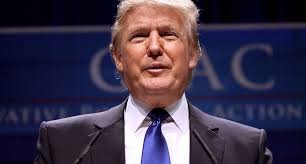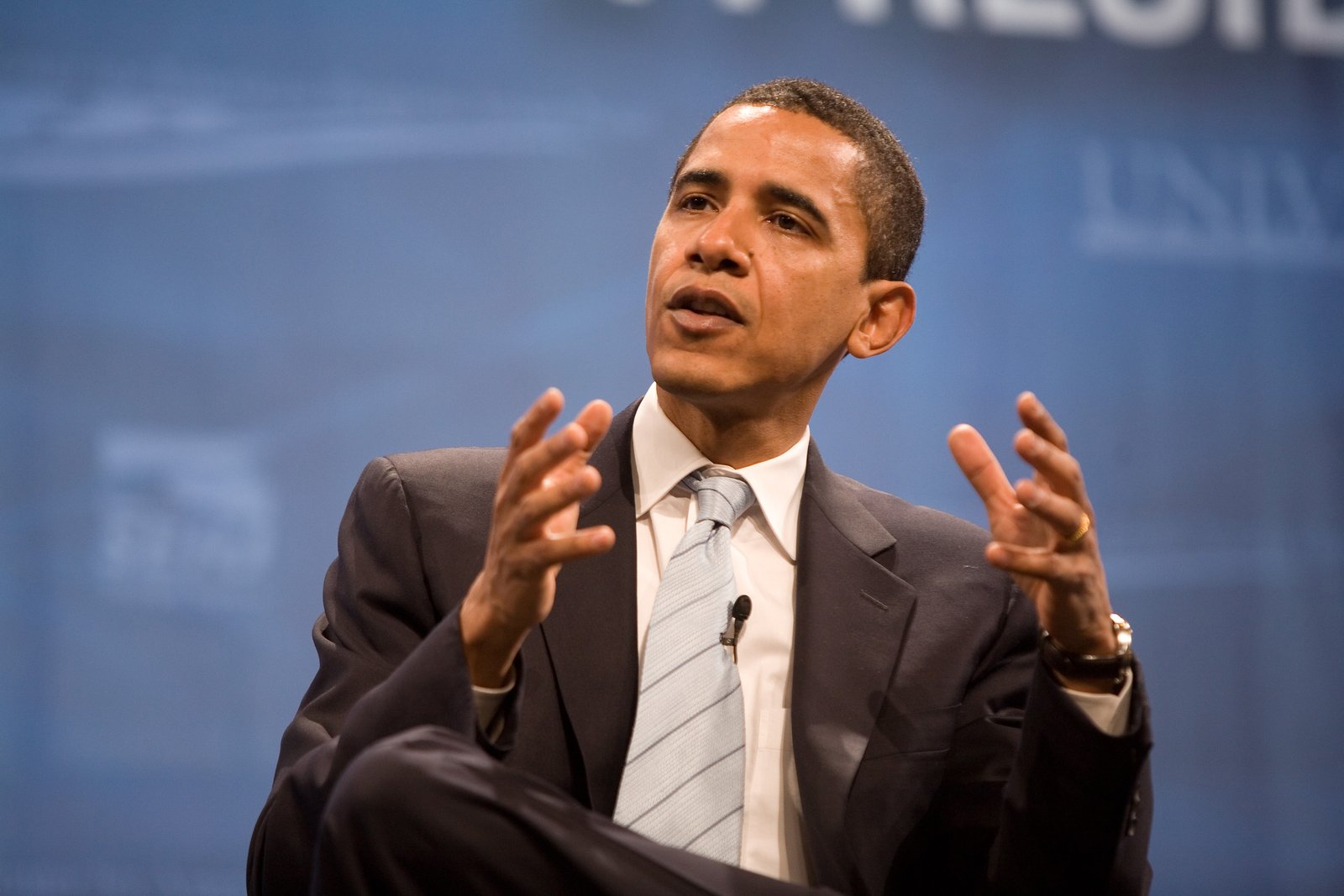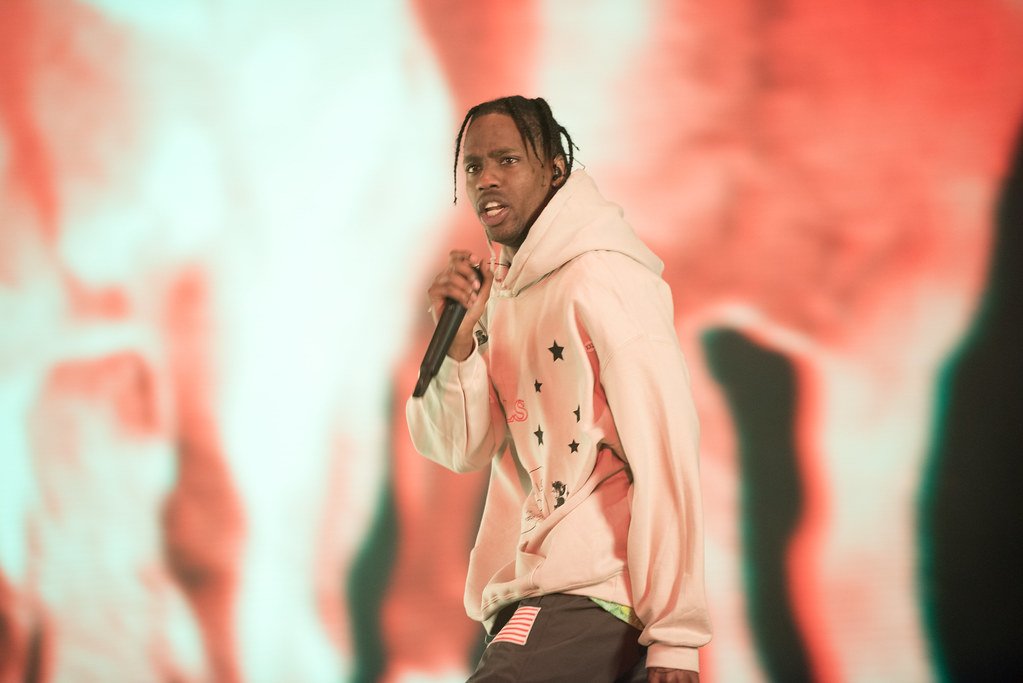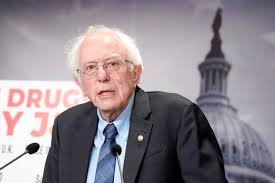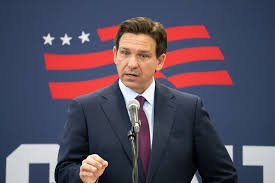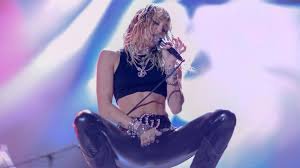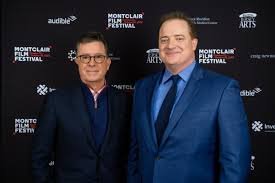Michelle Obama in 2025: The Feminist Icon America Still Underrates
Entertainment / Date: 06-24-2025
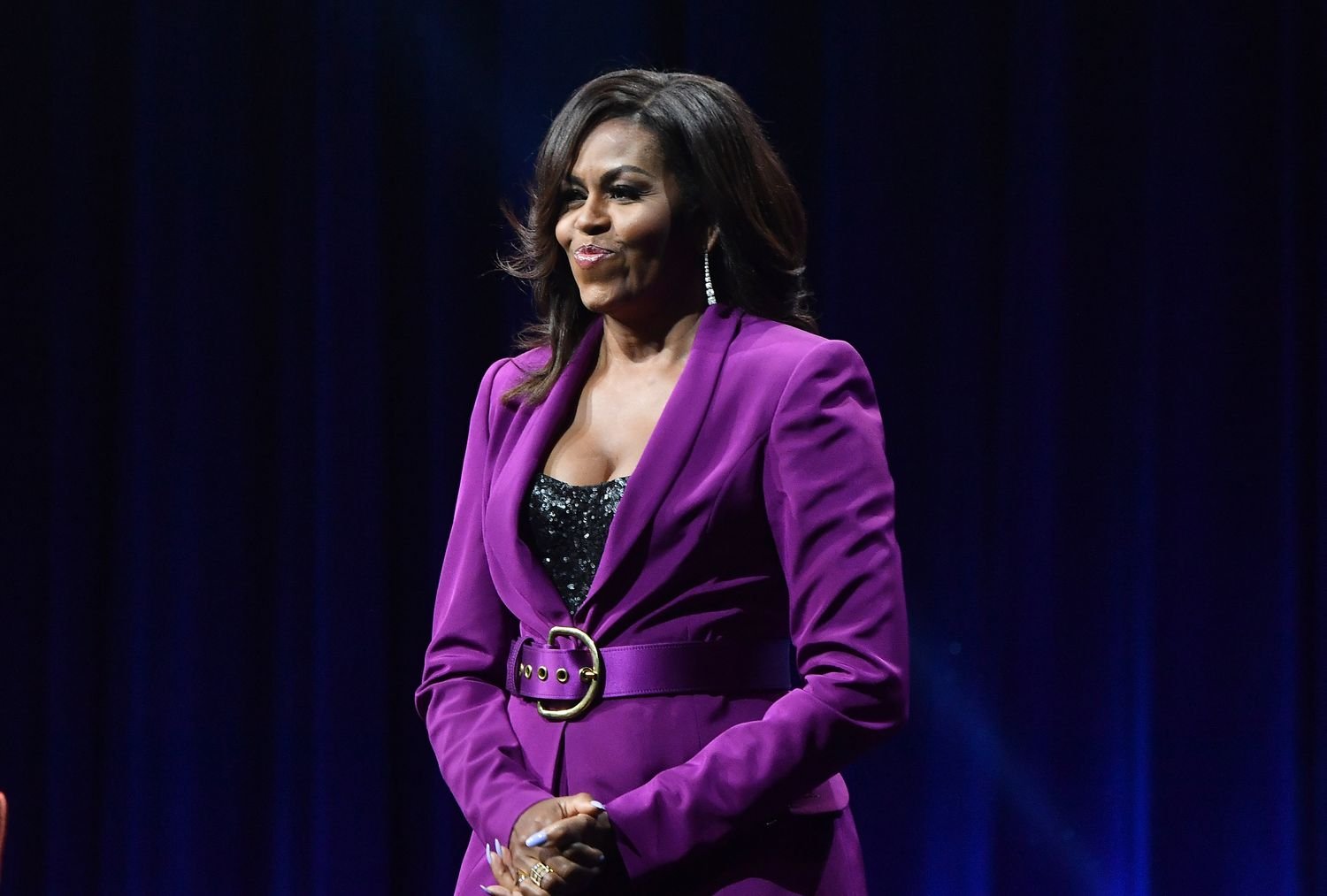
Let’s cut through the noise—Michelle Obama isn’t just a former First Lady who wore stylish dresses and hugged kids in school cafeterias. That’s the polished, Hallmark-card version. In real life? She’s a cultural architect who has quietly built one of the most powerful social legacies of the 21st century.
From girls’ education to women’s health, from racial equity to leadership programs, her influence doesn’t rely on elected titles or press conferences. It’s deeper. More strategic.
This post unpacks how Michelle Obama is still leading on two fronts: fighting for access to education (especially for girls) and pushing the envelope on women’s rights, in ways that politicians can’t—or won’t. If you think her impact ended when she walked out of the White House in 2017, buckle up. You’re about to see just how wrong that idea really is.
The Education Fight Nobody Talks About Loud Enough

Michelle Obama has never needed a podium to change the game. She used her platform—and still does—to push an uncomfortable truth: Girls across the world still face huge barriers just to get basic schooling.
The Let Girls Learn Legacy
Let’s rewind. During her time as First Lady, Michelle helped launch Let Girls Learn, a global initiative aimed at helping adolescent girls stay in school. It wasn’t flashy. No viral hashtags. But behind the scenes? That project mobilized over $1 billion in resources.
Now fast-forward to 2025, and its spirit lives on in her Girls Opportunity Alliance, a program under the Obama Foundation. It funds grassroots projects—from rural India to inner-city Chicago—that boost girls’ education, mentoring, and career training.
Think about that: one woman, not in office, moving money, partnerships, and minds across continents.
Not through law. Through influence.
The Real Cost of “Dropping Out”
Michelle doesn’t just talk numbers—she shares human stories. And stories stick. She reminds us what happens when girls leave school too early: higher child marriage rates, lower income, more health risks. She’s reframed education as survival, not just schooling.
And she’s not afraid to call out the double standards.
Why is it, she’s asked in speeches, that we expect girls to be tough, smart, and kind—but don’t give them the tools to be any of those things?
Women’s Rights in 2025: What Michelle’s Still Pushing
Here’s the twist: even after leaving D.C., Michelle Obama didn’t slow down. She shifted gears. Built deeper. And started asking bigger, more uncomfortable questions.
Like this one: Why do we still judge women more for what they wear than what they know?
Body Autonomy and Reproductive Health
While most of the political world spiraled over Roe v. Wade’s rollback, Michelle stayed steady. Her response? Emotionally raw. Personally grounded.
But she didn’t just rant. She partnered—with Planned Parenthood, with state-level advocates, and even international NGOs—to push resources toward reproductive education.
That’s the Michelle method: less noise, more moves.
Menopause, Mental Health, and the “Unsexy” Truths
Let’s be real—most public figures won’t touch menopause with a 10-foot pole. It’s awkward. It’s messy. It doesn’t trend.
Michelle? She talks about it on Netflix.
In her show The Light We Carry (a follow-up to her bestselling book), she openly discussed aging, hormone changes, mental health dips, and the societal shame wrapped around them.
She’s normalizing the stuff most people pretend doesn’t exist. That’s next-level advocacy. And honestly? It hits harder than most policy memos ever could.
Beyond the Podiums: A Masterclass in Soft Power
She doesn’t make laws. But Michelle Obama has done something arguably more lasting: she’s reshaped the emotional blueprint of what leadership feels like.
Netflix + Spotify = Influence on Tap
Her media company, Higher Ground, is sneaky brilliant. It tells deeply human stories—about race, gender, poverty, and strength—without screaming “activism.” Yet it is activism. Soft power that hits you in the gut.
Her shows reach people who will never read a feminist op-ed. Or go to a protest. Or open a political newsletter.
But they’ll watch. And they’ll change.
Her Book Sales Aren’t Just Numbers
Becoming didn’t just become one of the best-selling memoirs in history for no reason. It struck nerves. She talked about feeling like she wasn’t enough. About marriage struggles. About miscarriage.
The point? She gave voice to millions of women who’ve been silently carrying those same stories. And she didn’t sound like a politician. She sounded like someone’s friend.
Why the Political World Still Doesn’t Get Her
Here’s the part that might sting a little: Michelle Obama has arguably done more for education and women’s rights outside office than many elected officials have done inside it.
And yet, the political world still talks about her like she’s “potential VP material” or “maybe 2028.” As if she needs that title to matter.
Let’s be clear—she’s never needed a ballot to shift culture.
She rewired what strength looks like. She made vulnerability powerful. And she gave girls—from South Side Chicago to Ghana—someone to mirror, not just admire.
Follow Us
Newsletter
Subscribe to our newsletter to stay updated with our latest news and offers.
We respect your privacy.Trending
